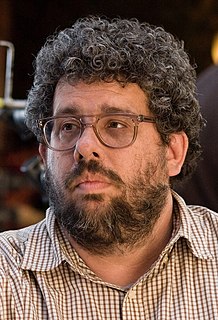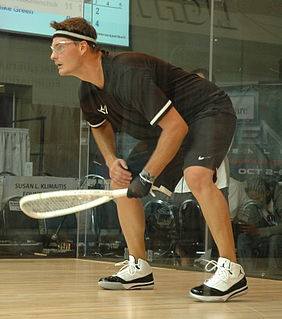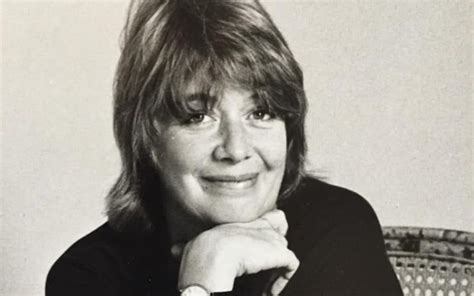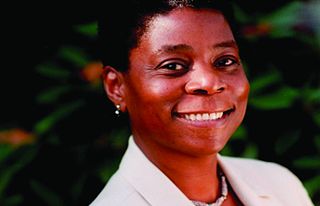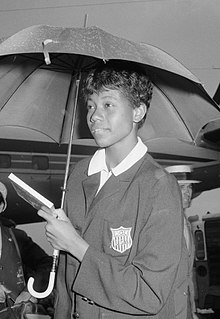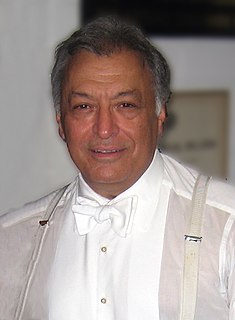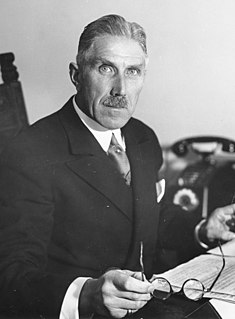A Quote by Harry Triguboff
The newspapers were always against me in the beginning because they thought I was depriving people of what they wanted.
Related Quotes
There were certain things that I watched, and I screened a series of period films as well, not because I wanted to copy those, because I wanted to be different. “Far from the Madding Crowd” was one I looked to because I thought it looked so good. “Doctor Zhivago.” Unrequited love is always a great thing. “Tess” was something I looked at, I thought Polanski got the period right.
My rebellion was telling my dad, "No, you're wrong, you don't know what's best for me. I'm not gonna waste my time in college." You know the story. He thought he was an abject failure 'cause he didn't convince me to go to college. I didn't rebel against my dad's economic status. I didn't rebel against what I thought were old-fashioned, archaic moral values. I didn't rebel by going out and wrecking the car and getting drunk and being irresponsible. I rebelled against their assumption they knew better than I did, what I wanted, and what I needed.
Racquetball was always number one but when our first child was born things I thought I cherished weren't as important. You put yourself in a position to win, but now you're extra careful. Because I never wanted my kids to see me losing. I wanted them to remember me winning...thought that would be cool.
In the past, I think I was scared of showing myself. I thought people disliked me because I received so much hate when I was young. But as I grew older, I realized that there were people who disliked me and people who liked me. So I learned that there was no need for me to be so conscious of what others thought about me.
But Hitler didn't strive for the annihilation of the Jews - he stressed that fact in public life and in the newspapers. Hitler merely said at the beginning that Jewish influence was too great, that of all the lawyers in Berlin, eighty percent were Jewish. Hitler thought that a small percentage of the people, the Jews, should not be allowed to control the theater, cinema, radio, et cetera.


